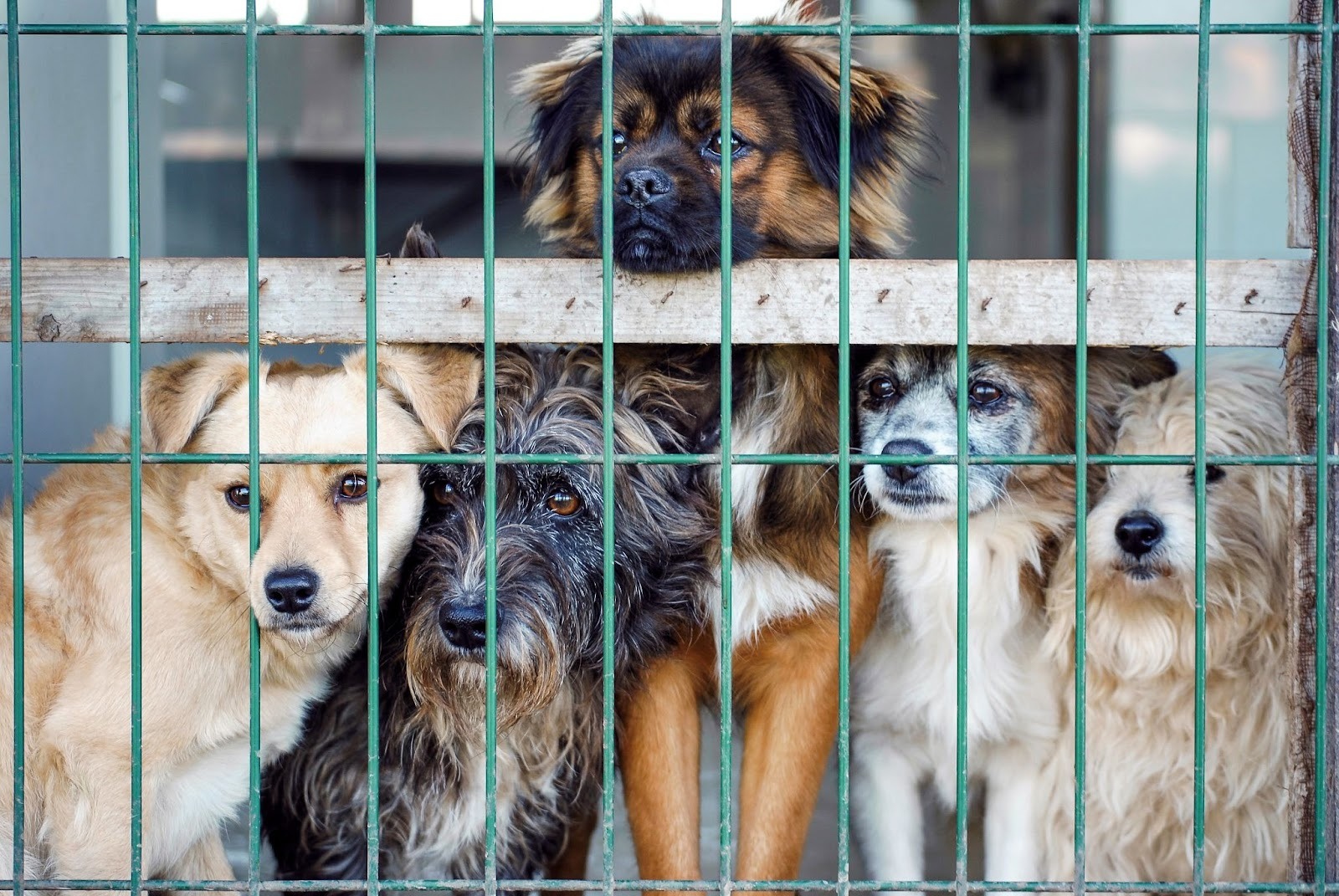


A Cry For The Wild
Lakota Wolf Preserve, located in the mountains of the Delaware Water Gap in Warren County, NJ, is a nonprofit dedicated to the care of, and education about, wolves, bobcats, foxes, and lynx. Since its inception in 1998, owners James Stein and Becky Mace have grown the preserve to a well-known attraction for visitors of all ages to see these endangered animals up close, while also learning about the importance of the preservation of our wildlife.
Jim and Becky have raised and cared for all the animals at the preserve, which also features daily educational tours and photography sessions. Lakota is the largest natural-habitat animal preserve with wolves, bobcats, lynx, and foxes in the Northeastern United States. While the preserve is a constantly evolving operation requiring around-the-clock work, Jim and Becky remain dedicated to the absolute best care. Their ‘why’ is simple: they strive to give these animals, born in captivity and unable to return to the wild, the best home imaginable.

To see more about our wolf preserve at https://cryforthewild.org/ Read more below why your donations are so important, not only for wolves, but for the beauty of nature in our parks, sanctuaries, and wildlife. Wolves are not the ‘bad actors’ in our world they are often made out to be.
When did wolves and man become friends or companions?

Wolves and humans began forming a bond around 20,000 to 40,000 years ago during the Upper Paleolithic period. This relationship likely started when some wolves, less fearful and more curious than others, began scavenging around human camps.
Humans may have tolerated or even encouraged the presence of these wolves because they helped keep camps clean by eating scraps and alerted them to danger. Over generations, wolves that were less aggressive and more social had a survival advantage around human settlements.
This gradual process of domestication eventually led to the emergence of the first domesticated dogs, which were genetically distinct from their wild wolf ancestors. These early "dogs" became hunting partners, guards, and companions, solidifying the human-canine bond.
Why Wolves Should Be Protected

Wolves should be protected for several important reasons:
- Ecological Balance: Wolves are apex predators and play a crucial role in maintaining healthy ecosystems. They help regulate the populations of large herbivores, like deer and elk, which in turn allows vegetation to thrive and supports biodiversity.
- Biodiversity Preservation: By keeping herbivore populations in check, wolves indirectly support many plant and animal species. This cascading effect helps maintain diverse ecosystems that benefit numerous species, from birds to insects.
- Cultural Significance: Wolves hold cultural and spiritual importance for many Indigenous communities and are symbolic in folklore and wildlife conservation.
- Economic Benefits: Healthy wolf populations can boost local economies through ecotourism, as wildlife enthusiasts visit areas where wolves roam.
- Scientific Research: Wolves provide valuable insights into predator-prey dynamics and ecosystem health, which can inform conservation strategies for other species.
- Ethical Responsibility: As human activities have led to the decline of wolf populations through habitat loss and hunting, protecting them is a moral imperative to rectify past harm and preserve natural heritage.
Summary: There have always been mixed feelings about wolves that makes it difficult to convince all parties that living with any another animal species has its pros and cons. Consider how humans themselves cannot get along without conflicts, wars, crimes, and numerous other problems in co-existing with each other.
I don’t think wolves, or for that matter, any other animal, by comparison, expense, cruelty, or fear as humans do to our environment and ecostructure. Animals only do what nature has taught them to do and any damage is minimal and in many cases, livestock loss can often be compensated by government programs.
Bottom line is that we need wolves in our environment, parks, wildlife areas, as much as we need any other animal to make it balanced. The beauty we see in nature is created and sustained by all God’s creatures, including those that may not be our favorites. But those that are our favorites we can still enjoy seeing because that is how nature works. And mankind has yet to outdo Mother Nature!











.png)




